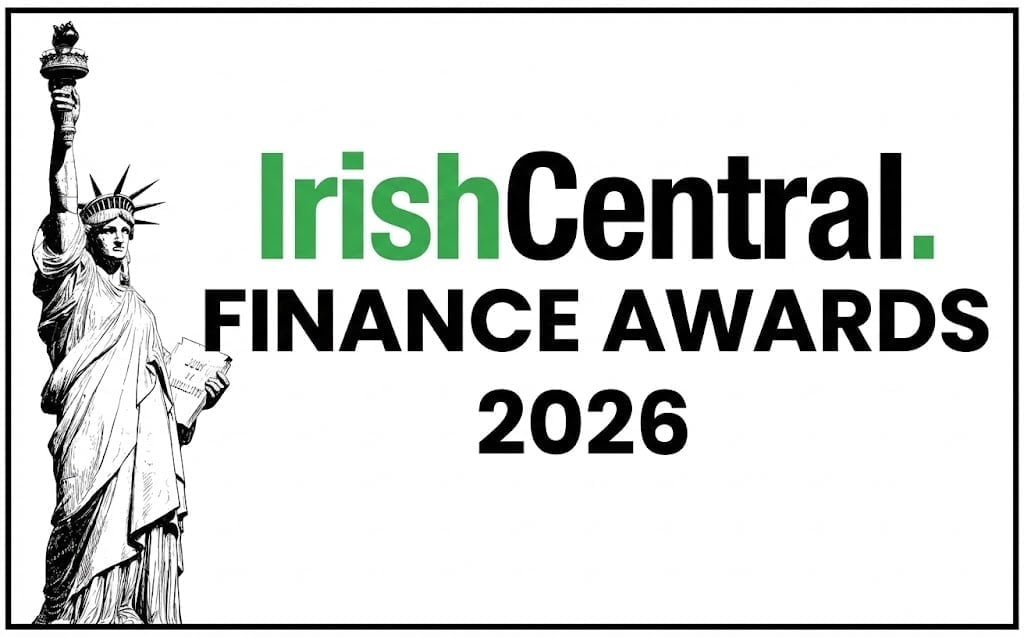Britain’s Irish newspaper is to apologise to President Michael D Higgins for scathing criticism of his recent visit to London.
The Irish Post has been forced to make the apology after a huge backlash to its coverage of the President’s first State engagement in the English capital.
A report in the Irish Times carries confirmation from publisher Elgin Loane that his publication will formally apologise to the recent elected President.
Loane told The Irish Times: “I have concerns about the coverage.”
His paper had, according to the Irish Times, sharply criticised President Higgins for being silent on major issues of concern to the Irish living in Britain.
Loane added: “We have the utmost respect for the President and he is a man of great dignity. We should not be in a position where our editorial is taking a different view.”
Editor Murray Morse, who only recently took up his post, said: “It certainly wasn’t the intention of the paper, or me, to offend the President, or to do anything that would undermine his position.
“If that is indeed what has happened, and it appears to be the case, then I am sorry for that.
“I will issue a full apology in our next edition and write a letter of apology to that effect.”
Morse’s paper was annoyed that it was refused exclusive access to the President and a meeting with him during his visit.
“The fact such a meeting did not take place was a missed opportunity” for the newspaper and for the President,” claimed Morse.
“What we were drawing attention to was a sense of frustration that important questions that we had wanted answers to for four months had not been answered.”
A number of community groups in Britain have heavily criticised the Irish Post coverage.
One group wrote in a letter of protest: “This was a disgraceful attack. The Irish community in Britain has been deeply offended.
“Your claim to be the voice of the Irish in Britain has some historic legitimacy. However the Irish Post has no previous history of very low-grade tabloid journalism such as this, which has undermined this legitimacy.”




Comments